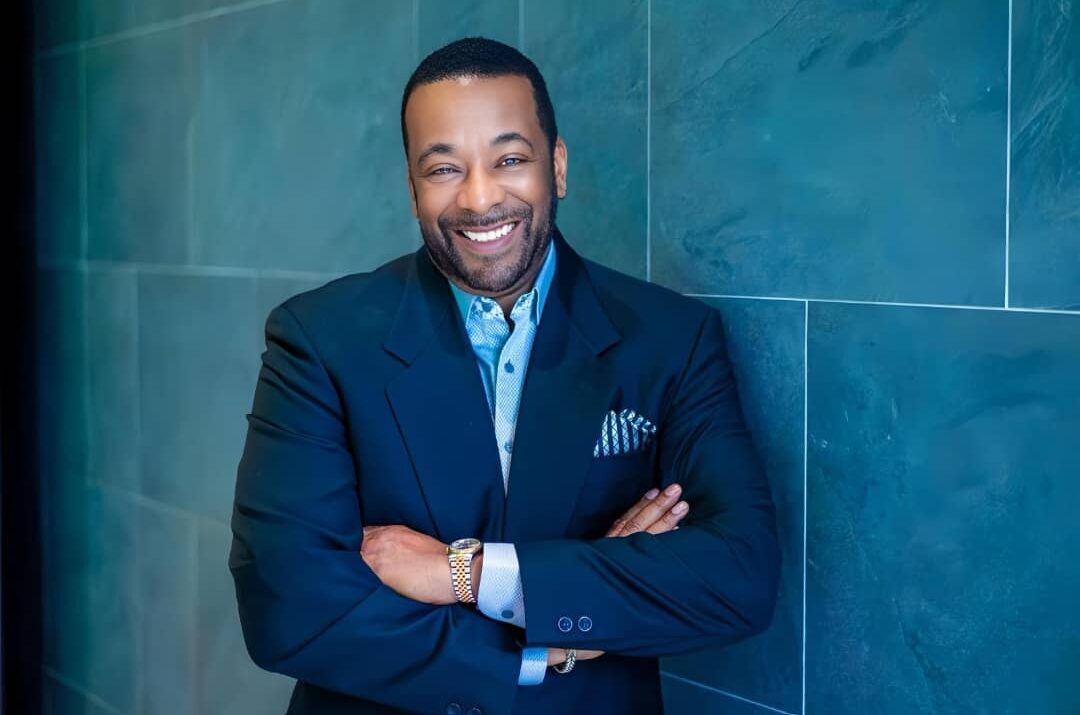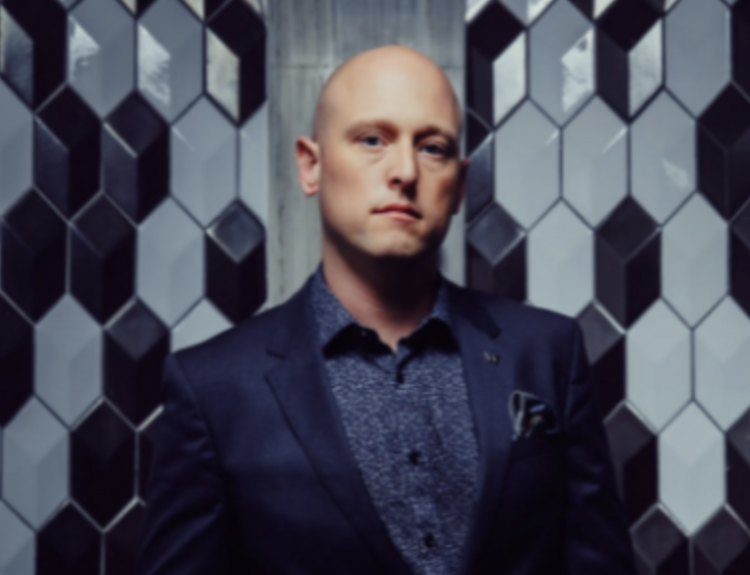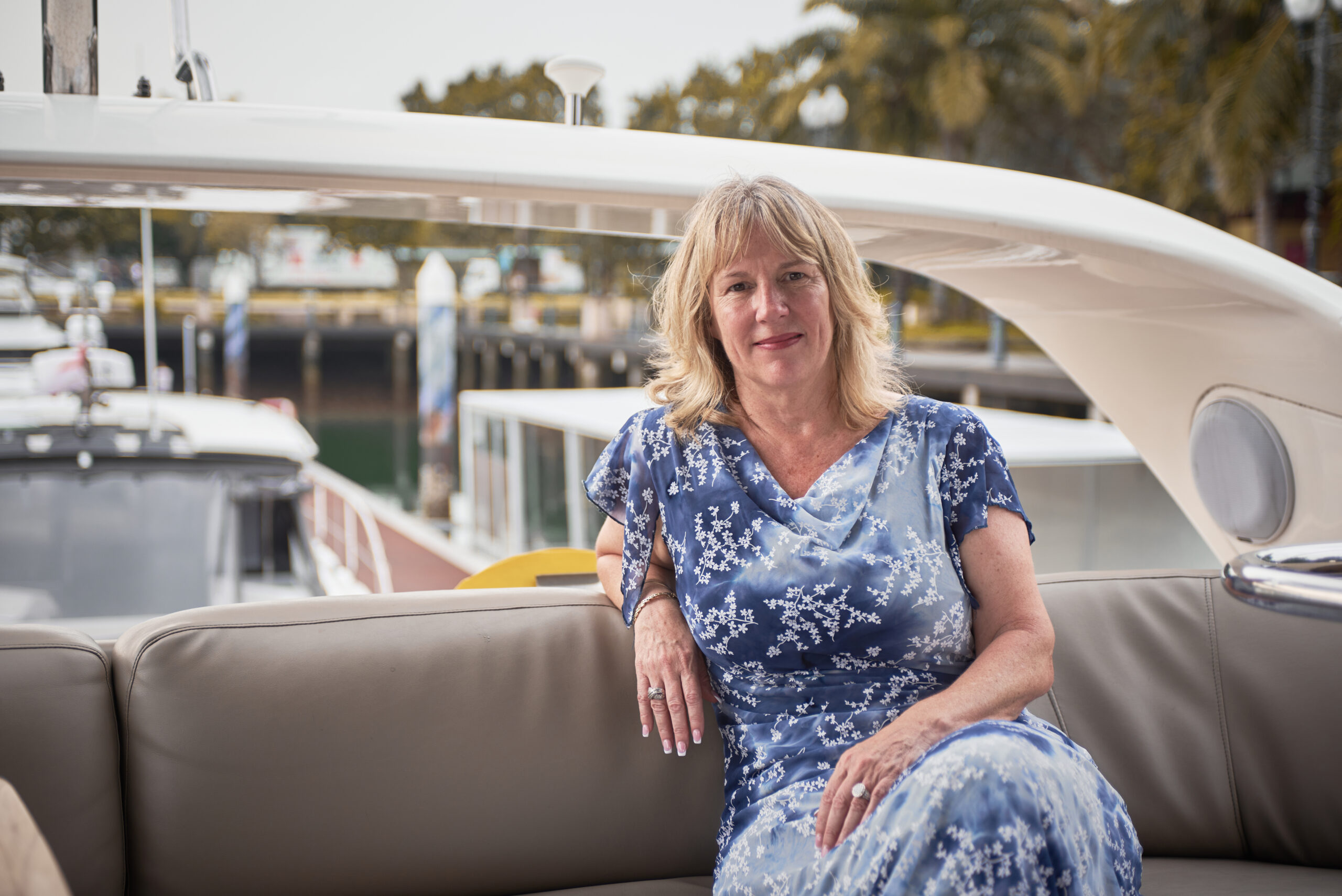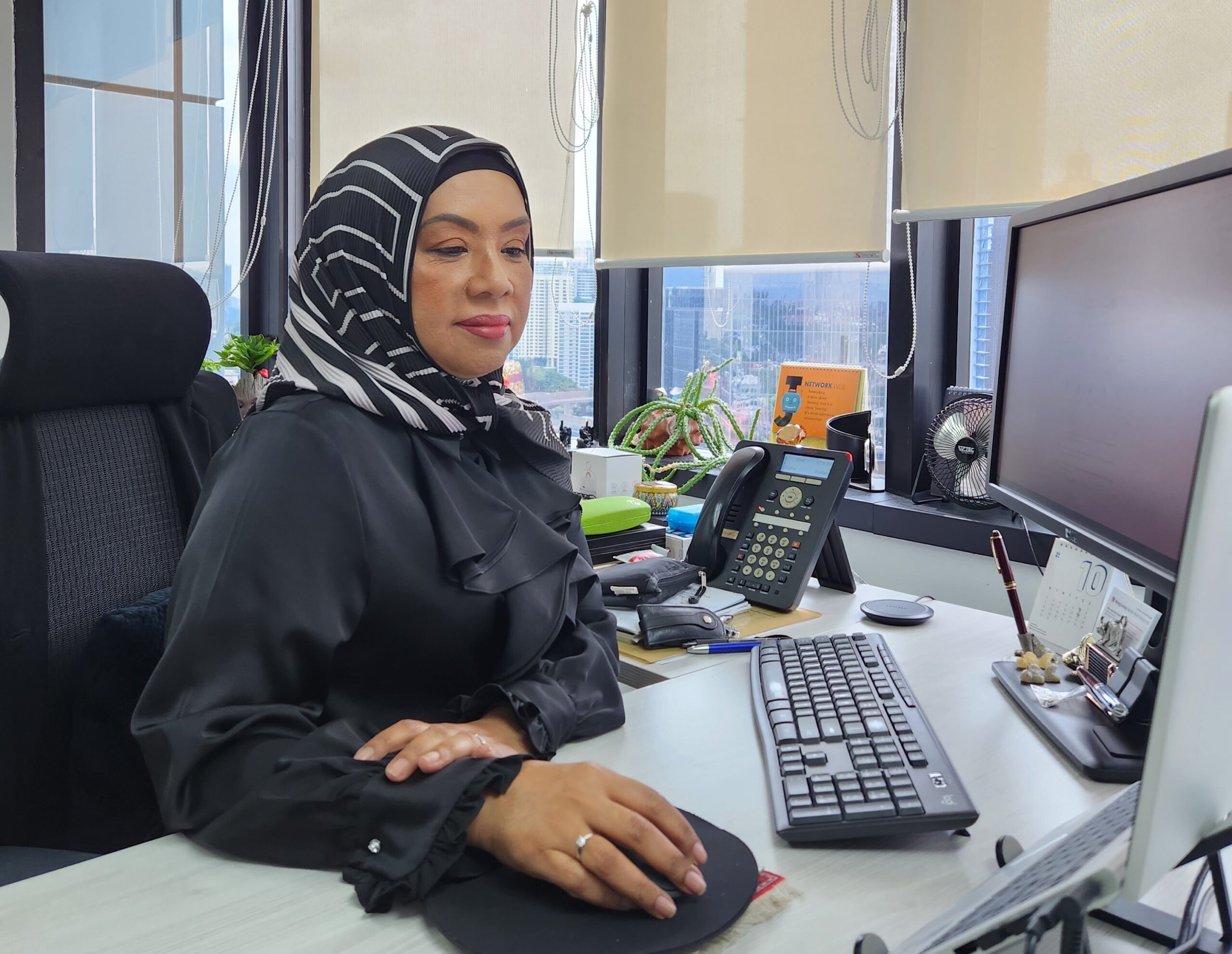Head, Catapult Executive Leadership
Tell us about you, Dr James Robert Andrade and your role in Catapult.
Hello Anjalika. Thank you for the opportunity to discuss some subjects that are important to me- leadership and neuroscience. I’ve been a resident of Singapore about 21 years, having relocated from the USA to set up the regional HQ of a multinational company. During my first 12 years in Singapore, I managed groups from across the Asia Pacific which included Greater China, Japan, Korea, ASEAN and India. When I left my last company, Mondelez International, I started a consulting company and was asked to assist, at that time, Ascendas Singbridge in trying to secure the tender to build a shared leadership and innovation center in the heart of Rochester Park. When we won the tender, I was asked to stay on and run the facility which came to be known as Catapult. Later, Ascendas-Singbridge was acquired by Capitaland Inc. And over the last 6 years I led the facility design development and curriculum pedagogy that has come to define Catapult.
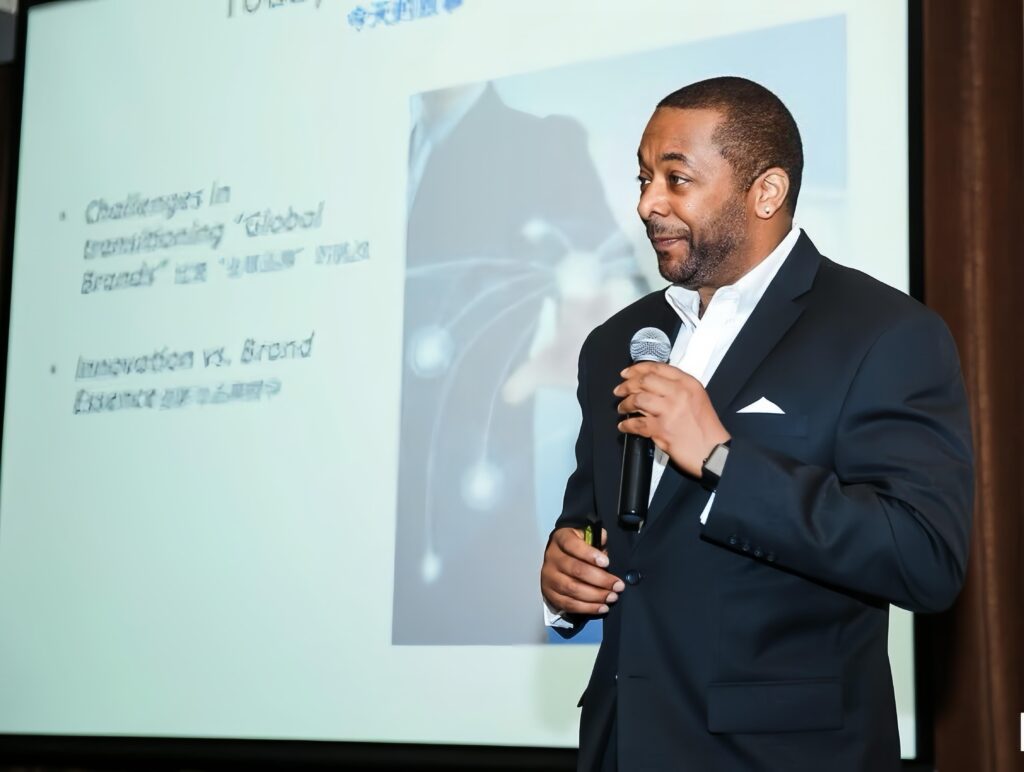
You designed a leadership training curriculum to groom Asia’s next-generation leaders. It is Southeast Asia’s first and only leadership program that uses immersive, experiential and impactful learning route. Tell us more.
When I was first interviewed for the project as a consultant I was asked two things:
1) What was I going to do to differentiate Catapult from other training and educational options available to Singapore business managers?
2) What was the “magical curriculum” I would have on offer for potential clients to ensure the facility would be utilized?
First, we designed both the facility and the curriculum based on neuroscience principles. These principles would help to make the content more impactful and what is learned more “sticky” or likely to be remembered and utilized. Our classrooms (which we call mission studios) are designed with flexible seating that allows us to put the students at the heart of the learning process. We have primary studios which employ 180 degree screens and hybrid remote learning technologies that make training both immersive and experiential. All rooms are equipped with smart screens which act as white boards, allow for viewing digital content, and simultaneous innovation sessions. As to the second question about special/magical courses my response was succinct: I don’t care about what I teach- what’s important is what people learn, retain and utilize. And that’s where the neuroscience of learning comes into play.
In one of your conversations, you mentioned Neuroscience of Leadership – which I thought sounds profound and interesting. Walk us through what goes behind it (Neuroscience of Leadership), James.
It all starts with what you learn and how you learn. Our pedagogy centered around the neuroscience of learning is predicated on 3 principles: (1) Research shows that EMOTIONS play a key role in learning and retention of information. We sometimes think of learning as a very dispassionate and logical process; however you might be surprised how much the area of the brain associated with emotions plays in the learning process. Ultimately, people learn best when they experience an emotional connection to the content they are learning. This research was highlighted recently by René Hen, PhD, professor of psychiatry and neuroscience at Columbia University Vagelos College of Physicians and Surgeons. The area of the brain associated with mediating emotions was directly involved in forming strong memories. (2) SOCIAL INTERACTION has been found to play an important role in facilitating learning. We know that in executive education clients come in with significant knowledge, skills, and abilities from their current and previous experiences. Research shows that social interaction with more capable individuals or those with different relevant experiences enhances learning, especially in problem solving tasks. This was noted by the research Lev Vygotsky who coined the term “scaffolding” to explain how people can build on their knowledge from others. And finally (3) the PROCESS OF EXPERIMENTATION not only facilitates problem solving it makes the formation and retention of the solution more sticky. The axiom is true that we should adjust our understanding of the word fail from something negative to the “first attempt in learning”. By embracing the leadership capabilities needed to be successful, we can equip clients with many tools which they can employ in a multitude of situations (i.e. situational). Because different challenges can require different leadership strategies the two most critical skills to have are the ability to listen and adapt.
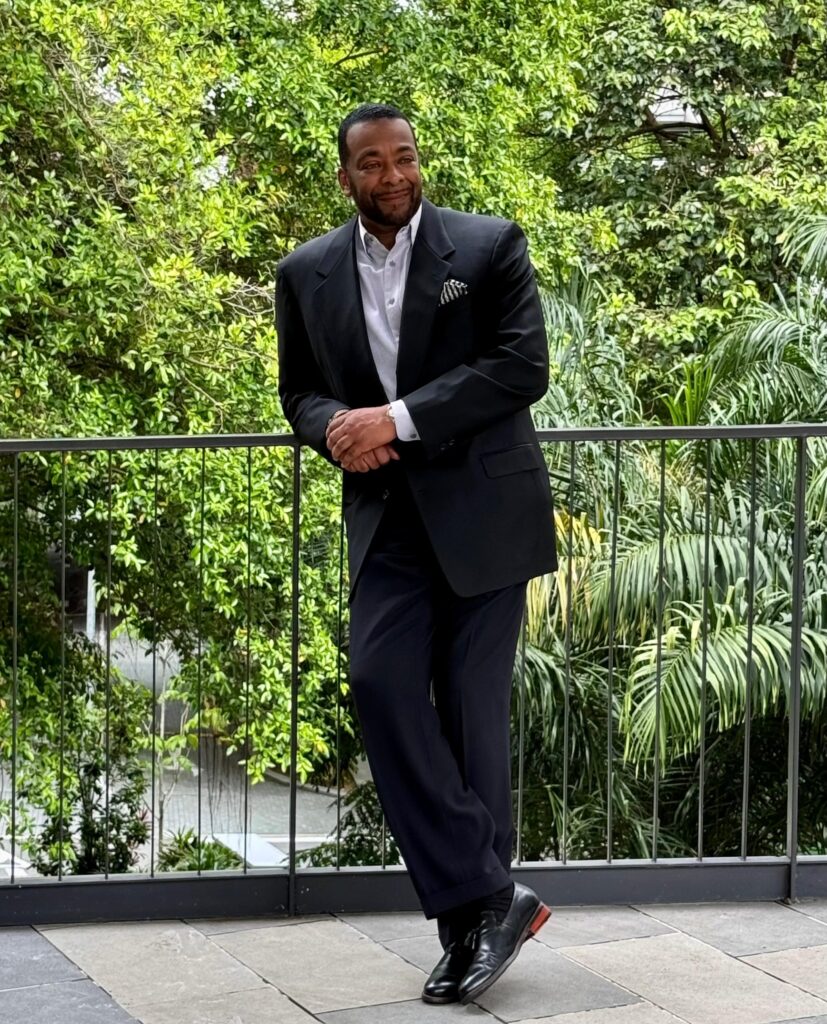
How do you see your programs and curriculums help businesses evolve?
We have access to the many thought leaders across the fields of academia, industry and consulting firms. Based on this ecosystem of providers we can address issues related to leadership, innovation and the keys to managing your personal energy to achieve peak performance. Many organizations find these three broad areas to be interrelated. For example, the ability of an organization to effectively implement innovation programs within their company is heavily contingent on the quality of their leaders tasked with building high performing teams responsible for executing the innovative strategies. If you envision this as the two sides of an equilateral triangle, the base of this pyramid is your individual ability to balance your physical, emotional, mental capabilities- as well as your purpose. In short, managing your energy which drives your ability to perform at an optimum level. As we help business to navigate these three focus areas, they are better prepared to anticipate the business environment, have the leaders in place to navigate through the challenges by unleashing the capabilities of the high performing teams they have organized. All the while demonstrating the resilience to weather adversity and translating the unavoidable stressors into motivation.
How important is AI in all these?
It is not an overstatement to say that AI will become a game-changer in how we do business in the future. It is also accurate to say that most businesses are not prepared for the degree or scope of these changes. AI will impact on how businesses are organized, what skills we recruit into our organizations, how we train internally and how we recognize achievement and compensate our employees. A question that many organizations will face is- in a world where knowledge is ubiquitous, and knowledge is a commodity are the questions we ask more important than the information we memorize. In the spirit of Confucianism philosophy I believe that foundational knowledge will remain a critical attribute- but I also believe that a Socratic approach in interacting with AI will be essential in optimizing the human/machine interface.
Might be an unpopular theory at this point. It is said that “good leaders are born, not made”. What is your take on this?
Actually, both answers can be true. There are some people that are born with attributes associated with leadership skills, such as good oratory skills, comfort in social situations, decisive nature or naturally good listeners. However, these and other leadership skills can be taught. A good example is what occurs in the military academies in the USA. West Point Army Military Academy, for example is known for producing leaders of young men and women from varied socio economic, cultural and ethnic backgrounds. They are put under academic and physical challenges and learn to meld their individual talents into a team. They learn to help one another to succeed with a focus on completing the mission and making sure that everyone makes it through the journey.
Leadership skills and innovation have been the cornerstones of conversations of late. Why are these two components important and why now?
Two things that every business must do are grow and develop its talent. If these things are not done it is hard for that company to be successful in the competitive environment that businesses find themselves operating. The key to growth is having a robust innovation strategy. An enabler of driving innovation is having the right leadership capabilities in an organization that can unleash the capabilities and creativity of the workforce. Building high performing teams doesn’t happen by chance- it takes competent and effective leaders. Teams are what drive and implement the innovation agenda.
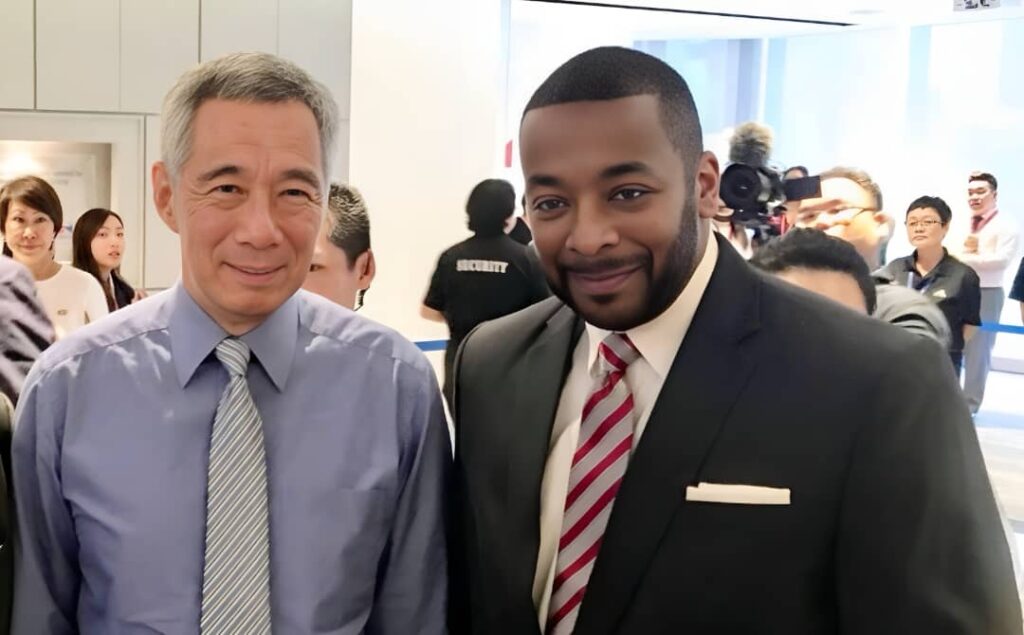
What is your definition of a successful leader in this current time?
Many attributes make up a successful leader, as leadership is very situational. However, 3 things are essential: (1) Being someone that is a good listener. Whether it is listening to your team, your consumer or customer- listening with the intent of understanding is critical. (2) Being adaptable. Leadership is not unidimensional, there is not a simple list you can memorize that will make you the perfect leader. You must be able to adapt and adjust to the situation, and if you are unable to or have a blind spot don’t be afraid to acknowledge the fact and find someone that can step up until you augment your capabilities. (3) Be very clear on aligning your values with your actions. There will come a time when every leader faces a situation where the facts are conflicting, when the direction is not known and is unknowable. In these situations, your best guide will be your values. Whatever the outcome of the decision you will know it was based on your core beliefs and that you were true to yourself.
Let’s walk ten to fifteen years down the road, what are the characteristics and traits that need to be learned and embraced from now on, by those who want to be effective leaders then?
It is very likely that management will lead teams that are a composite of human and AI identities. While today we focus on recruiting talent for what they know, a new dynamic of developing and nurturing talent that can work with these new AI platforms will be required. While much has been made of AI replacing humans in the workforce the more probable outcome will be people who are replaced by other people that are adept at understanding and working with AI. The future leaders will also find that their abilities at leveraging soft skills (human centered) will actually be more important in this AI enabled world. The ability to develop, and nurture high performing teams- while unleashing the potential of a blended AI/Human powered workforce will be essential. Beyond these developments, many of the existing characteristics that define effective leadership will remain foundational to mastery in this complex business environment.
Your career has spanned over four decades and has taken you to different realms and brought you to places where you are making significant contributions to the current and future leaders of Asia, perhaps even the world. When was the moment you realized this is what you want to do, James?
As I reflect back on my career, I have had the privilege of working across a multitude of sectors: government, military, private and academic. Probably the most impactful was when I joined my first multinational company I was introduced to the senior executive of the company that happened to be an alumni of the university I attended – Dr. William Hall. He was an anomaly within the company: in addition to being a very respected and accomplished executive and researcher, he was also African American. He was the highest-ranking person of color in research and development within the company and in addition to being a director he was also the dean of the company’s internal Institute of Technology program. During our discussion he asked me what I wanted in my career, and I said all I wanted was to wear a lab coat and do research. He smiled, and said I would do that- but my ultimate future was in management. The truth is that at that time I wasn’t even sure what management was or what a manager did- I was a guy that spent more time with lab rats than people, but in hindsight Dr. Hall knew me better than I did myself. Over time, and as I grew in experience, I was asked to take on many duties that brought me outside of the laboratory. I was placed on the recruitment team, buddy with new hires and eventually run a lab. I was exposed to a variety of managers- good and less good, that I learned a lot from about what to do and not do in motivating people and building teams. These experiences exposed something that I always had inside me but never the opportunity to practice at a large scale- an interest and passion in bringing out the best in people to achieve an important objective. In a real sense what I do today is something I always wanted to do. Now I can do it writ large.
Where can Fab! Luxe readers go to know more about what you offer, James?
I have contributed several LinkedIn posts where I discuss some of the leadership and innovation issues that I have experienced over the years as an executive and educator. Some of my views can also be found if you search under my name on YouTube. If you would like to learn more you can also connect with me via email jamesrandrade@gmail.com
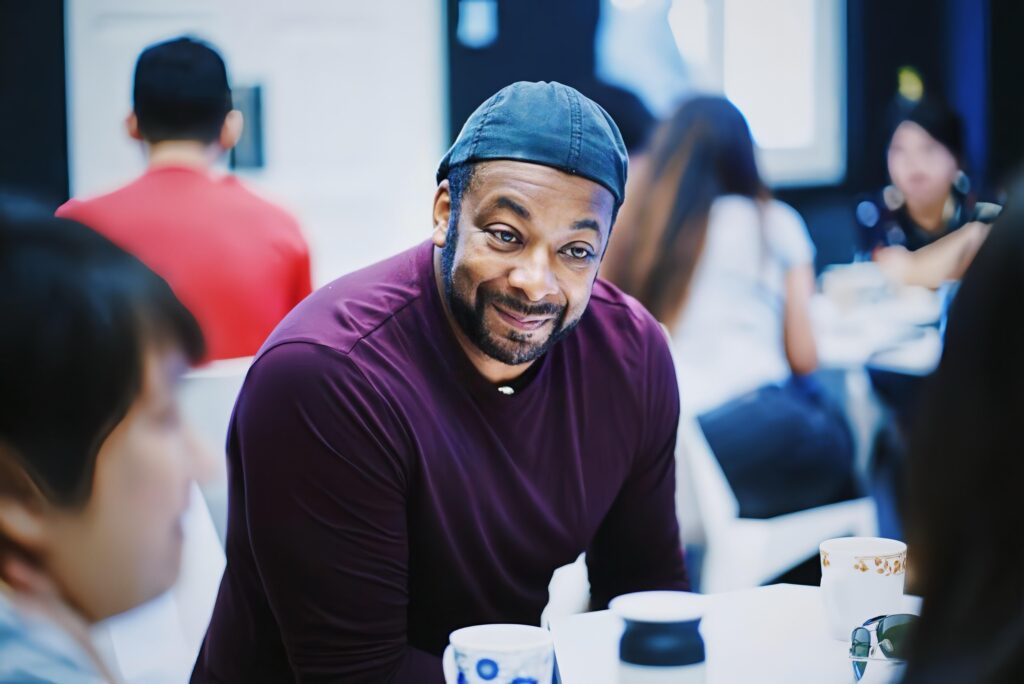
Best book you’ve read this year
Caste: The Origins of Our Discontents
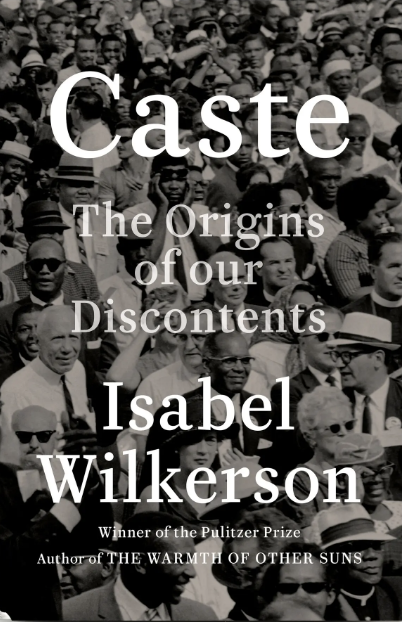
The last music you downloaded
Hamilton Soundtrack
The music that changed everything for you
Stevie Wonder for his lyrics and message.
Michael Jackson because he actually gave you visual instructions on how to dance his music.
Prince because he was a genius that pushed the boundaries.
When you need to feel inspired
I read or watch anything about Nelson Mandela
Things you’ll always have in your fridge
Eggs
Morning routine
Stare at the ceiling and say “I just need15 more minutes.”
A typical day for Dr James Andrade
No typical day – I thrive in change.
What have you come to appreciate the last 2 years
The years continue to reinforce to me that we are all connected.
Definition of success to you
Having the time and means to do the things you feel are important in your life
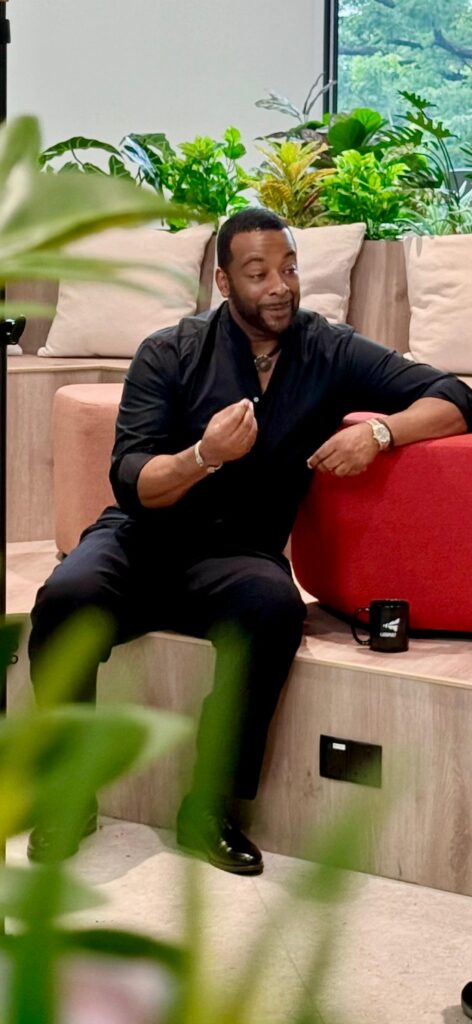
Biggest inspiration comes from
Acts of selflessness and forgiveness
One gadget you can’t do without
My phone, Ugggh!
Country you can’t wait to go back to
Costa Rica
Favorite podcast
I’m a political and policy junkie – anything in this arena.

Something you’ve recently discovered
Paya Lebar Quarter area in Singapore. Great, restaurants, bars, vibe
Philosophy in life
Leave it better than you found it.
Your style icon
Hugo Boss/Palzileri
Best things about Singapore
Weather, food, Changi Airport
Favorite movie
Casablanca, because nobody does it better than Boggie
Favorite quote and why
I am the master of my fate. I am the captain of my soul. I refuse to let outside influences dictate who I am, what I can do and what I believe. I live my life and accept the decisions I make.
What’s in your glass and plate for cocktail hour
Smokey Boulevard, truffle fries

An indulgence you’ll never forgo
Pizza and hot tamales
Work of an artist you collect
Asian, African and Central American antiquities

